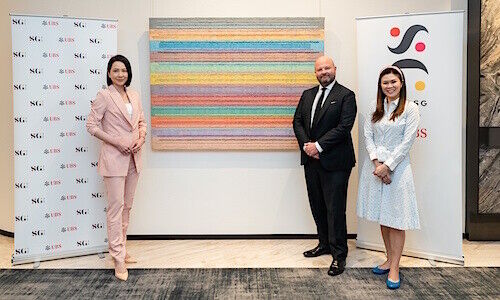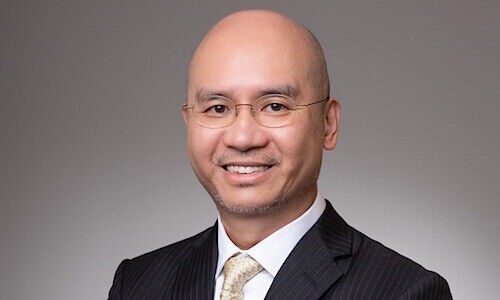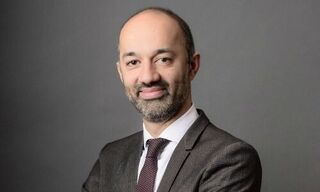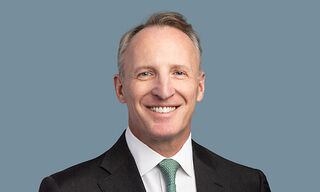A recent study conducted by Standard Chartered found that a vast majority of its employees sought more workplace flexibility, in yet another sign of change in the post-pandemic norm.
A study by Standard Chartered and flexible workplace firm TEC (The Executive Centre) found that 75 percent of the bank’s employees wanted greater workplace flexibility, significantly above initial expectations.
«Initially, we assumed maybe 50 percent of our employees wanted [workplace flexibility], but actually from our survey we found that over 75 percent wanted it,» said Standard Chartered’s property program director of Future Workplace Sheridan Perkins.
«Typically, this was 2-3 days at home and 2-3 days at the office or a third space. Despite some regional nuances, this finding was reasonably consistent across all regions.»
Workplace Transformation
According to the study, those exploring to make hybrid work permanent should understand their specific business requirements via internal collaboration with employees, research and external consultancy, underlining that «there is no one-size-fits-all solution».
The study also highlighted three key factors to consider when transforming the workplace: the physical, digital and social.
Banks Divided
Banks remain divided on future workplaces with Wall Street giants like Goldman Sachs and Morgan Stanley preferring a return to the office with others like Citi and, most recently, HSBC seeking to adopt hybrid models.
Standard Chartered has already been actively transforming its own business having introduced its flexible work option in November last year and shedding office space in both Hong Kong and Singapore.
«The talent of the future are expecting flex; whether that’s flexible work hours or locations,» said the bank’s APAC head of property Shelley Boland. «Successful adopters of flex will be those that have the foresight to model and visualize how workplace changes may affect business outcomes, operations and employees, and be agile enough to constantly evolve their workspace to those needs. We see flexible office spaces playing a greater role in that strategy.»





















